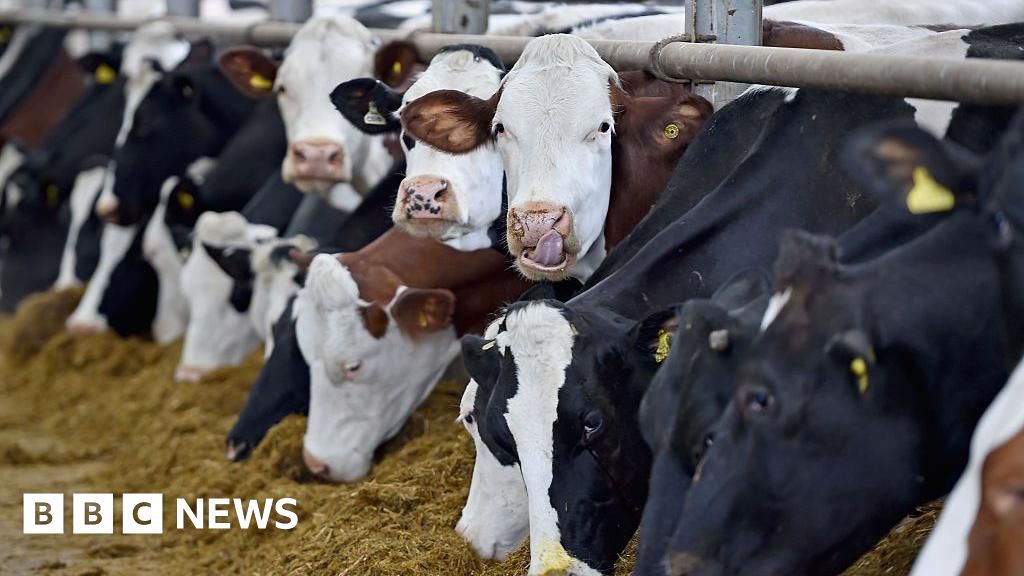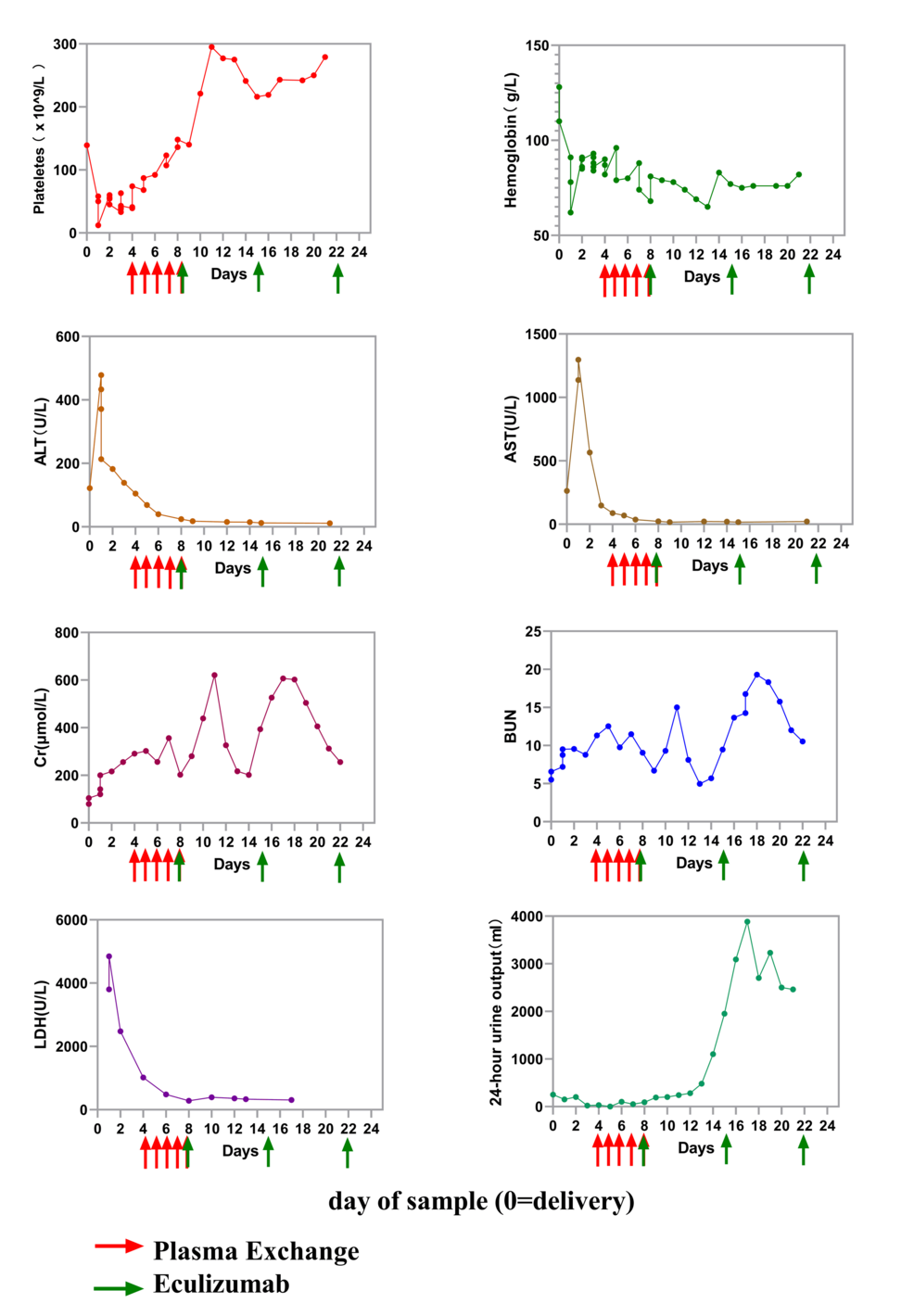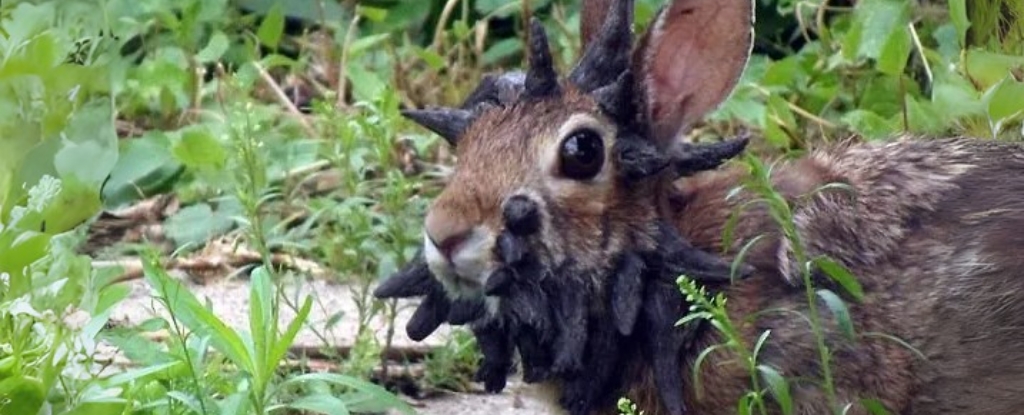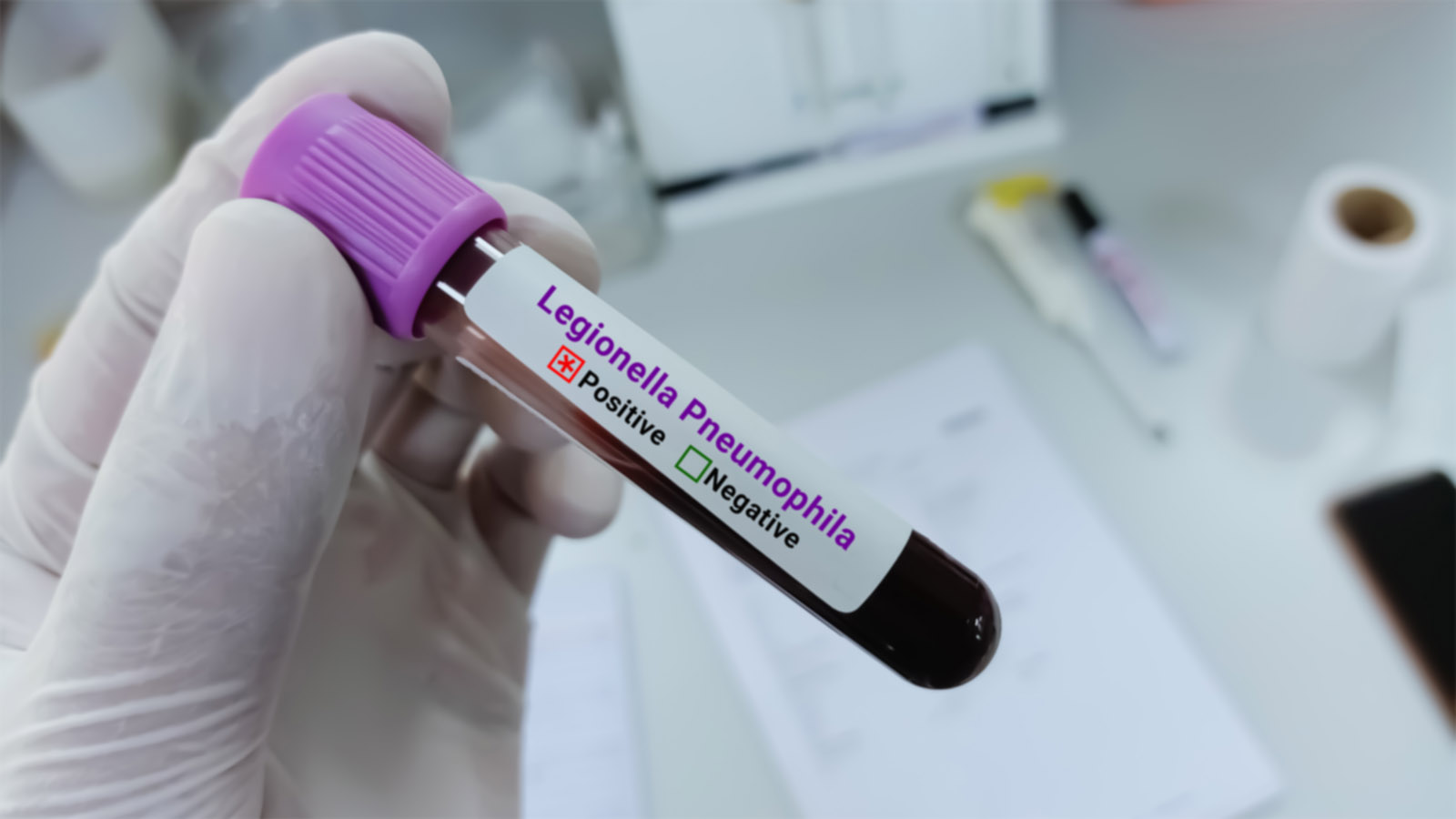Cow Humanely Culled Following Isolated BSE Case in Essex Farm

In a recent development concerning livestock health, a non-contagious case of Bovine Spongiform Encephalopathy (BSE), widely known as mad cow disease, has been detected on a farm in Essex. This discovery has prompted a swift response from the government and animal health authorities to ensure public safety and animal welfare.
The specific location of the farm has not been disclosed by government officials, aiming to maintain operational confidentiality and manage public concern effectively. In accordance with established protocols, the affected animal was humanely culled, and authorities have assured the public that there is no risk to human health arising from this incident. The reported case was not linked to any cattle intended for the food supply, further minimizing the potential for public health issues.
The BSE case identified is described as an 'atypical' strain of the disease. According to the Animal and Plant Health Agency (APHA), this particular form of BSE is not known to pose a threat to food safety. Chief Veterinary Officer Christine Middlemiss emphasized the importance of rigorous testing and monitoring, stating, 'The animal died on the farm and was tested as part of our strict routine controls and surveillance regime.' The swift action taken reflects the government's commitment to maintaining high standards of animal health and food safety.
Mad cow disease is a neurodegenerative disease that can affect cattle and has raised concerns in the past regarding transmission to humans through contaminated beef products. The UK has implemented stringent measures since the BSE crisis of the 1980s and 1990s, which led to widespread outbreaks and significant public concern. Continuous surveillance and preventive measures are in place to ensure that similar incidents are managed effectively and do not pose a risk to consumers.
The farming community and animal health advocates will be closely monitoring the situation, stressing the importance of transparency and prompt communication from authorities regarding animal health issues. In light of this incident, stakeholders may engage in discussions about the need for sustained vigilance and modern farming practices to safeguard against potential outbreaks in the future.



























